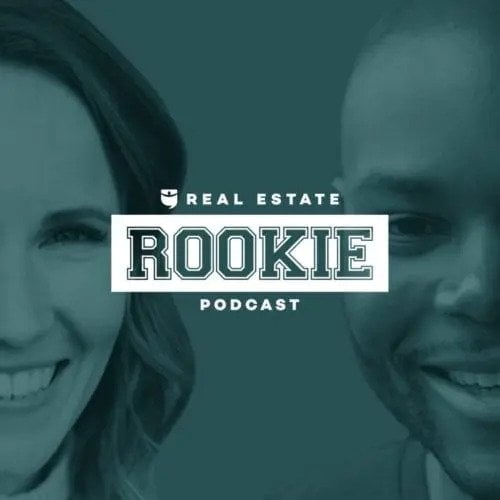Whenever you begin getting critical about your cash, it’s tempting to leap straight into investing. In any case, you’ve heard about compounding, constructing wealth, and monetary freedom.
However earlier than you place your first greenback within the inventory market or into actual property, it’s worthwhile to construct your monetary basis—and that begins with an emergency fund.
An emergency fund is just cash you put aside particularly for all times’s sudden moments. A shock medical invoice, your automotive breaking down, a job loss—these are all conditions the place having a monetary cushion retains you from going into debt or derailing your long-term objectives.
Investing is the way you develop wealth. However an emergency fund is the way you defend it.
Why You Want an Emergency Fund
Life is unpredictable, and and not using a security web, even a small emergency can throw you astray.
An emergency fund provides you peace of thoughts, figuring out you possibly can deal with a disaster with out utilizing high-interest bank cards, taking out a mortgage, or cashing out investments on the fallacious time.
Listed here are some frequent situations the place an emergency fund saves the day:
- You lose your job unexpectedly and wish time to discover a new one.
- Your automotive wants main repairs, and also you depend on it for work.
- A medical situation retains you out of labor for a number of weeks.
With no devoted fund, many individuals find yourself in debt when these conditions occur. That’s why constructing this cushion is among the smartest monetary strikes you can also make—even earlier than you concentrate on investing.
How A lot Ought to You Save?
The commonest suggestion is to save lots of three to 6 months of important residing bills. This provides you respiratory room in case of a critical disruption to your revenue.
However this quantity can range, relying in your state of affairs:
- For those who’re single, self-employed, or in an trade with much less job safety, intention for nearer to 6 months.
- If in case you have a really steady job and a dual-income family, three months could also be sufficient.
The hot button is to concentrate on important bills like hire or mortgage, utilities, groceries, insurance coverage, and transportation—not your full way of life price range.
If saving a number of months’ value feels overwhelming, begin slimr. Even a $500 or $1,000 emergency fund is a enormous step in the suitable path and may cowl many frequent emergencies.
The place to Preserve Your Emergency Fund
You need your emergency fund to be protected, simply accessible, and separate out of your on a regular basis checking account. The most effective choices are:
- A high-yield financial savings account
- A cash market account
These accounts maintain your cash liquid and safe, whereas incomes a bit of curiosity. Keep away from investing your emergency fund within the inventory market, actual property, or long-term CDs—you don’t need this cash tied up or topic to market threat once you want it most.
The way to Construct It Shortly
Constructing your emergency fund may really feel daunting at first, however with a plan, you can also make regular progress. Listed here are some tricks to save sooner:
- Arrange an computerized switch to your financial savings account each payday, even when it’s only a small quantity.
- Reduce again on nonessential spending briefly to achieve your objective sooner.
- Use windfalls like tax refunds, bonuses, or money items to spice up your fund.
An important factor is to get began. Saving even a bit of bit every month builds momentum and confidence.
Ultimate Ideas
Earlier than you make investments your first greenback, ensure that you could have a strong monetary security web in place. An emergency fund protects you from life’s surprises and retains your long-term plans intact.
Begin right this moment, even when it’s only a small step. As soon as your emergency fund is totally fundedyou possibly can transfer ahead with confidence, figuring out you’re ready for no matter comes your manner.
The Actual Property Rookie Podcast
New to actual property investing and undecided the place to get began? Be part of Ashley Kehr and Tony J Robinson each Monday, Wednesday, and Friday as they break down the fundamentals with real-world deal evaluation, investor interviews, and listener Q&A. Tune into the BiggerPockets Rookie Podcast to study actual property investing for learners and get impressed by newbies who’re making it occur.


